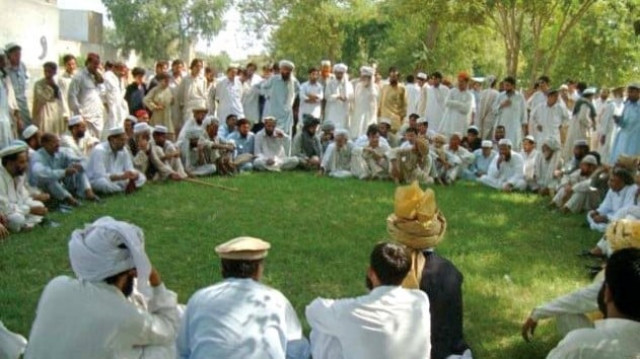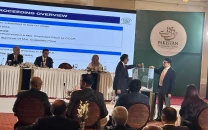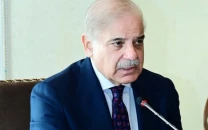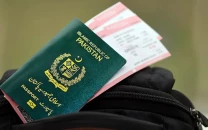Initial impressions: Mixed reactions to FCR changes
People in the tribal areas have had no stake in these decisions, says former ambassador to Afghanistan.

Initial impressions: Mixed reactions to FCR changes
While many proponents of reform have cautiously welcomed President Zardari’s orders granting more civil and political rights to the people in the tribal areas, not everyone is pleased with the move.
“The people in the tribal areas have had no stake in these decisions,” said Rustam Khan, a former ambassador to Afghanistan who is originally from the tribal areas. “The people sitting in Peshawar and Islamabad have no right to represent the people from Fata.”
The former ambassador was particularly perturbed by one measure: the reduced scope of collective punishment, which he said would make the tribal areas subject to the same kind of ‘lawlessness’ that prevails in the settled districts. “The territorial responsibility principle [collective punishment measures] has been more or less discarded,” said Rustam. “If you get rid of territorial responsibility, you have to bring in the police, which the tribal people do not want.”
Rustam defended the FCR and challenged its characterisation as a colonial law. “The laws are in accordance with tribal customs. The British did not create the system; they simply codified it.”
(Read: Making nonsense of Fata)
He had a somewhat romanticised view of life in the tribal areas before the advent of the militancy that completely upended the social fabric of Fata since the militancy picked up steam in late 2003.
“The jirga system worked very satisfactorily,” he said, adding that the political parties have, in effect, already been operating in the tribal areas, though he supported the idea of allowing the people in the tribal regions to become part of mainstream political parties.
Yet even while there are doubters, a substantial portion of civil society activists have been advocating reforms.
The Regional Institute of Policy Research and Training, for instance, has long been advocating reforms of the FCR and has submitted detailed proposals to the government for its reforms.
Khalid Aziz, the chairman of the think tank’s board of directors, declined to comment directly on the reforms enacted by the president but has in the past been supportive of many similar initiatives. Aziz has served as Political Agent in Orakzai, Khyber and North Waziristan.
Published in The Express Tribune, August 13th, 2011.


















COMMENTS
Comments are moderated and generally will be posted if they are on-topic and not abusive.
For more information, please see our Comments FAQ